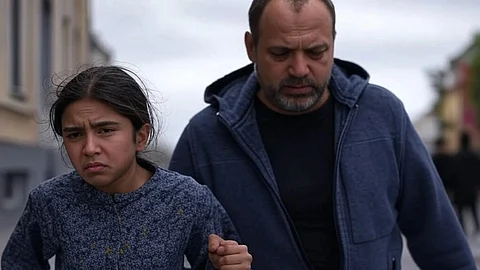

Sweden has a problem with so-called honour killings against women and girls.
The Swedish Police Authority has tracked honour-related crimes since 2019, reporting around 4,500 suspected cases by November 2021.
Recent unverified reports on social media highlight the severity of the issue, with some claims saying that by 2016, honour killings constituted a significant percentage of all murders in the country.
Reasons for honour killings include engaging in relationships outside of marriage or with someone deemed inappropriate by a family, refusing an arranged marriage, seeking divorce or separation from a spouse, dressing in a way considered immodest or inappropriate by cultural standards, or being the victim of sexual assault, where the blame is placed on the victim for bringing shame to the family.
Former Deputy Prime Minister of Sweden Ebba Busch once said, "Islam must adapt to Swedish values. Muslims who do not integrate must leave the country. Honour killings, beheadings, stoning of women, and Sharia law have no place here."
The crimes occur in places like Iraq, Jordan, Pakistan, Afghanistan, India, Egypt, Morocco, and parts of the Balkans and Turkey. There are now around 1 million Muslims in Sweden.
Notable historical cases like those of Sara Abed Ali, Pela Atroshi, and Fadime Sahindal in the late 1990s and early 2000s brought attention to the matter.
"I have been cowardly, we have let the immigrant girls down," said Sweden's former Minister of Integration Mona Sahlin.
Despite efforts to address the issue through law enforcement, legislation, and public awareness, the problem persists, with recent data suggesting a continued or even escalating trend in honour killings.
Swedish authorities are increasing efforts to combat honour-based violence through education, community outreach, and legal measures.
Sweden has criminalized forced marriages and other forms of honour-related coercion, but the cultural complexities and integration challenges continue to fuel the problem.
